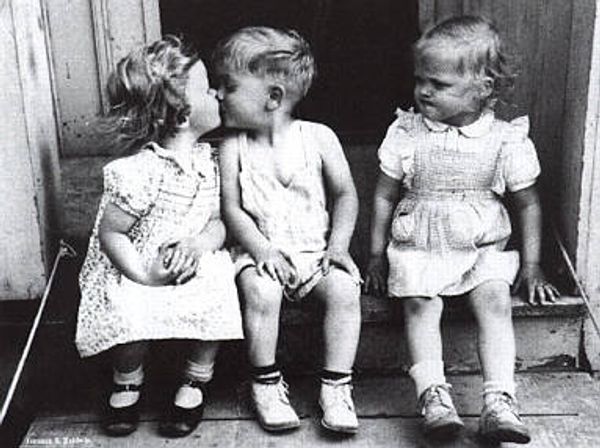David A. Sprecace highlights the best qualities of Christopher Columbus and how a holiday in his name celebrates leadership, such as how he challenged the thought that the Earth was flat, and how he tried to outsmart “Aristotelian thought.”
Boyd Cothran might argue, however, Columbus participated in the indigenous people’s genocide even though Sprecace says Columbus himself is not responsible for the resulting consequences. Columbus may have unknowingly participated in America’s “enduring legacy.”
According to Cothran’s article on the American “enduring legacy” and its effect on indigenous people, the common theme of "American innocence” and “redemptive violence” declares Columbus, the aggressor, innocent as this “redemptive violence” was put in place for a justifiable reason. The “enduring legacy” references the Puritans’ beliefs that they were establishing a “City on a Hill,” or in Cothran’s words, “a beacon to the world of a divinely inspired and innocent new beginning.”
The violence, genocide, and ethnic cleansing, according to this legacy, was justified as the Puritans believed, according to Cothran, “it was necessary to preserve the fundamental innocence of their endeavor.” Cothran might argue Americans became the victims of the violence and indigenous people were the “irrational aggressors” to a civilized nation in this mixed up confusion of who is right and who is wrong. Historians such as Cothran might also argue Columbus holds responsibility because his vision for the new world propelled a not-so-innocent mission that struck tragedy with many indigenous people of North America.



















